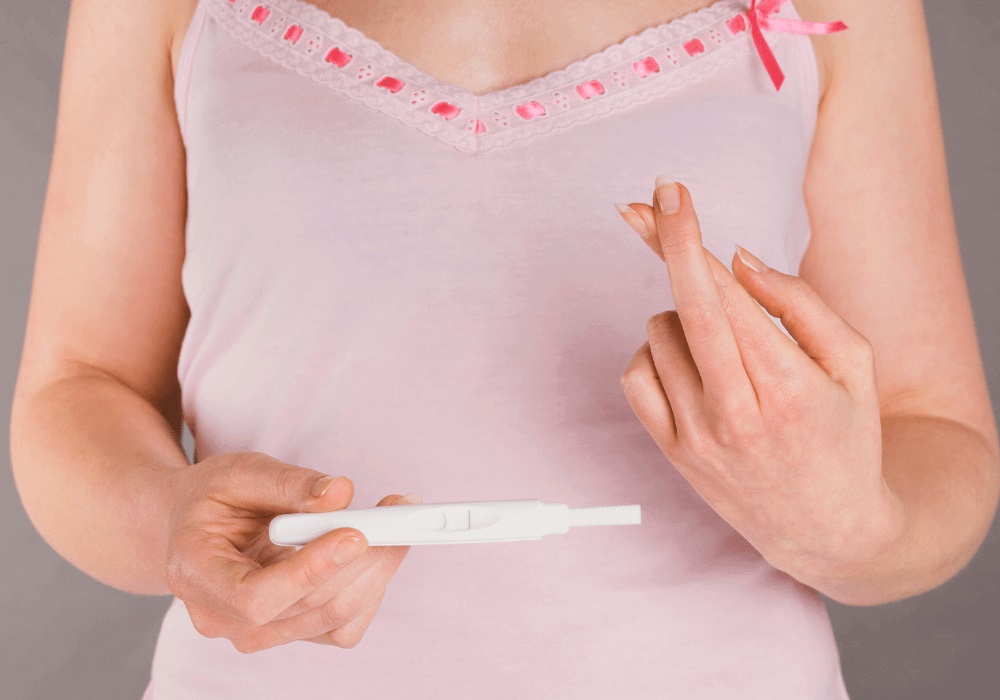If you’re ready to have a baby, there are some things beyond the birds-and-bees basics that you learned in a middle school biology class that you should know before trying to conceive. While you don’t have to meticulously plan every detail of motherhood, there are ways you can adjust your lifestyle that will enhance your fertility. So if you’re ready to conceive, you should do these things first.
Track Your Cycle
The best time to conceive is right around ovulation so it’s important to know when you’re ovulating. Ovulation normally happens about midway through your cycle, about 11-14 days after the first day of your menstrual period. But because menstrual cycles can vary so extensively from person to person, it’s a good idea to track your cycle for several months, keeping track of when you start your period, how long it lasts, and when you are ovulating. Your most fertile days are the two or three before and after actual ovulation, so plan to have intercourse multiple times during that time window.
Start Taking Prenatal Vitamins
Studies have shown that taking a multivitamin with folic acid – an active ingredient in prenatal vitamins – dramatically lowers the risk of birth defects and helps the body to produce healthy new cells. This vitamin can’t be stored in your body which is why we recommend that women who are ready to conceive should take a multivitamin fortified with folic acid ideally three months before you conceive.
If You Smoke, Quit Now
Smoking during pregnancy is a huge no-no as it can have serious negative consequences for the fetus, so it pays to quit before you even reach that stage. There is a direct correlation between smoking and reduced fertility so smoking can affect both your ability to get and stay pregnant. But we bear some good news: this mostly affects current smokers rather than those who have quit. Determine that you’ll quit now and if you feel it’ll help, talk to a provider about how to do it effectively.
Watch Your Weight
Being over or underweight can affect your hormones and, as a result, throw off your menstrual cycle and fertility. When you’re trying to conceive, one of the most important things you can do is try to maintain a healthy lifestyle and weight, which includes an optimal BMI of 19 to 25. According to the American Society for Reproductive Medicine, 12% of all infertility cases are the result of “deviations in body weight from the established norm.” Women who are underweight may lose their menstrual cycles or have irregular ovulation, making it difficult to know when you’re most fertile or ovulating.
Reduce Stress
Stress is inevitable during this time; even just the stress of trying to have a baby can put stress on your body and make it difficult to conceive. Stress causes the body to release the hormone cortisol, which can impact many of the body’s systems and interfere with a normal hormone balance.
If you are someone who finds it difficult to relax, strive to make it more than a bullet on your to-do list. Create a routine around taking time to de-stress and relax, something that works for you and can look different from another woman’s routine. This might include regular exercise that aids in stress reduction like meditation, yoga, pilates, deep breathing, creating a more consistent sleep schedule, or eating healthy foods that you take the time to cook yourself.

